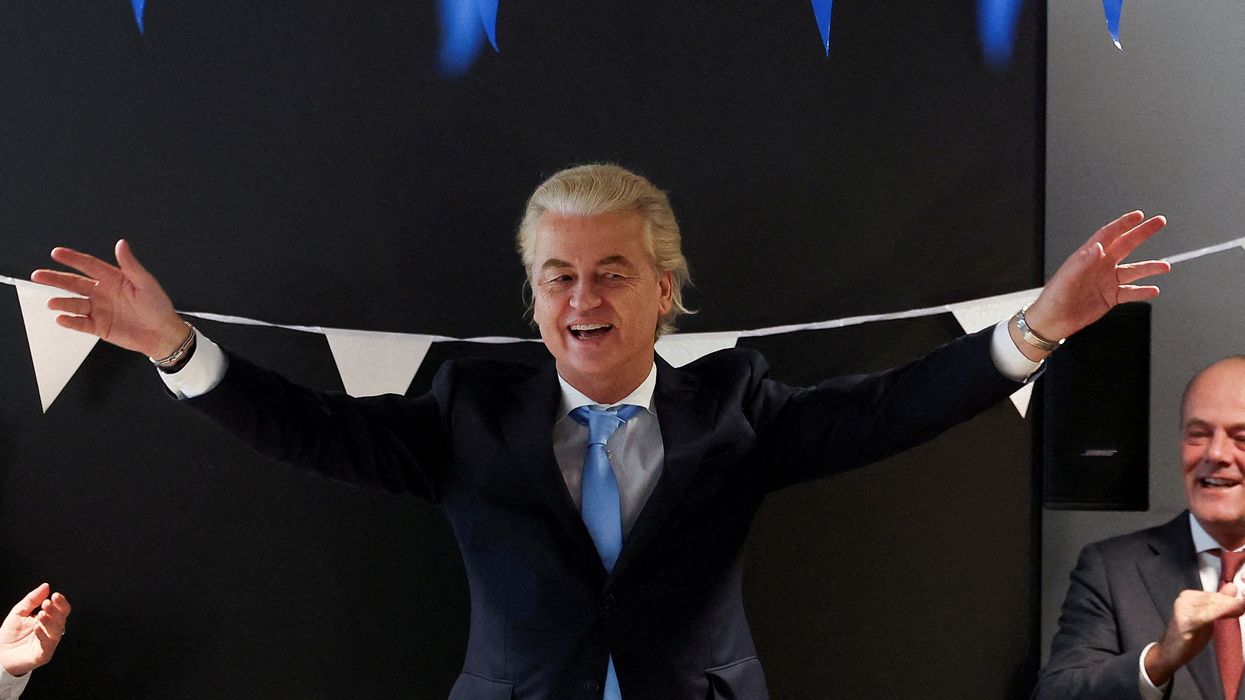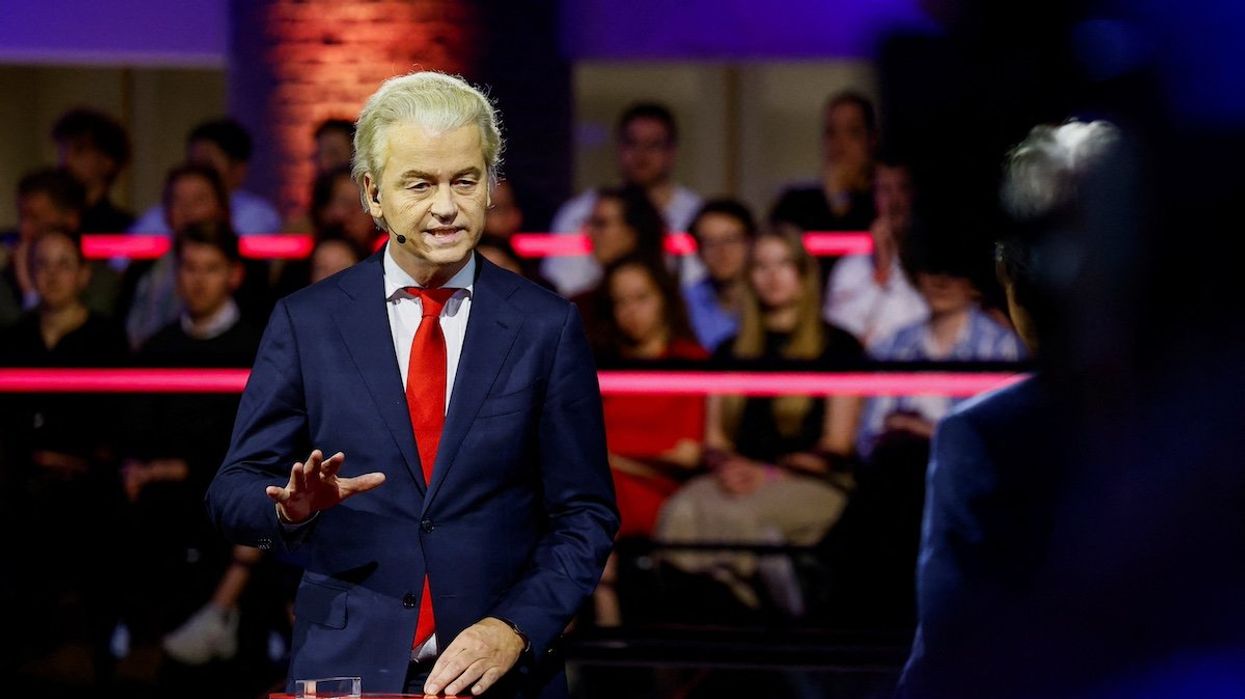What We're Watching
Dutch voters take hard-right turn: Will more of the EU follow?
After winning 25% of the seats in the Dutch Parliament last Wednesday, far-right firebrand Geert Wilders says he’s willing to compromise on his hard-line manifesto to get the support he needs to form the next government of the Netherlands.
Nov 26, 2023


